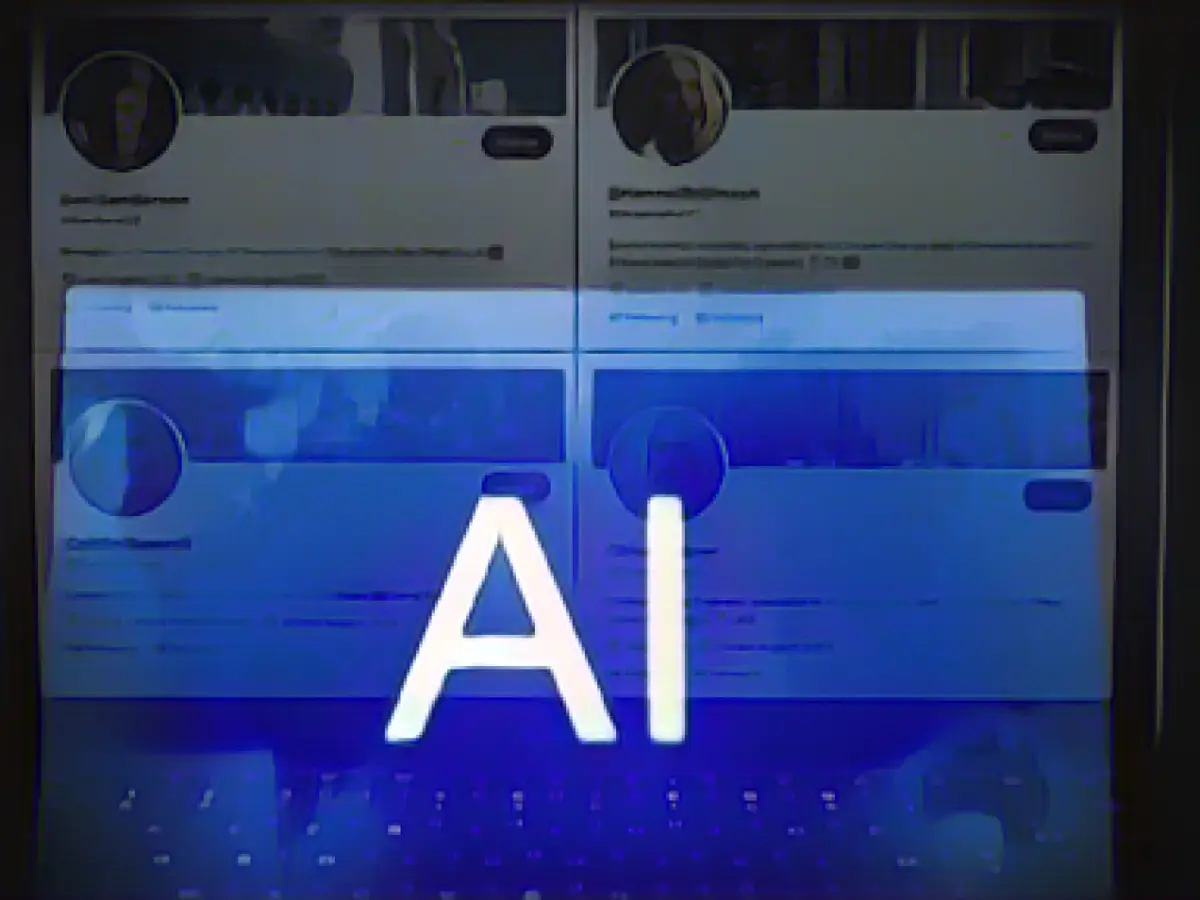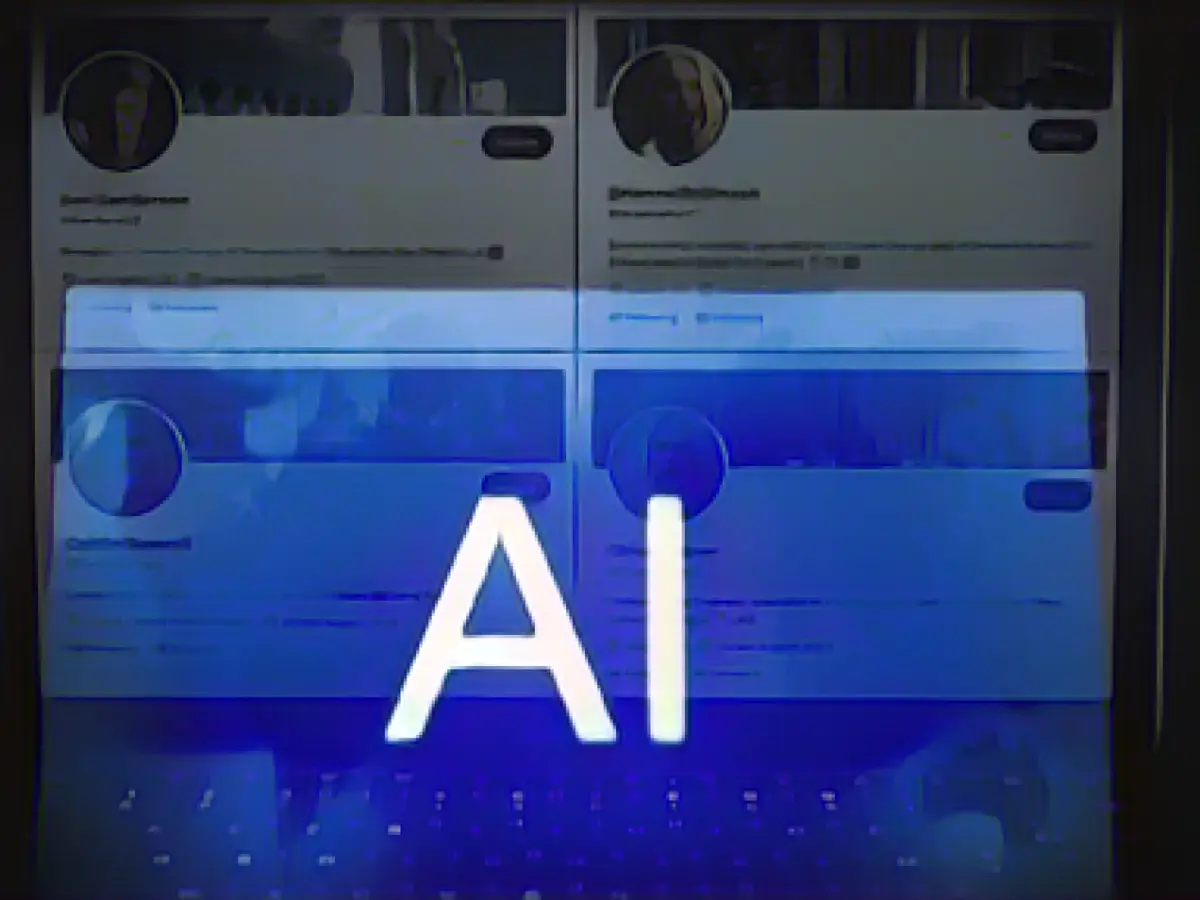EU AI Regulations Face Tough Negotiations
The European Union (EU) has proposed a legal framework for artificial intelligence (AI) after President Ursula von der Leyen's EU Commission announced its plans in April 2021. If successful, the EU could become a global leader in AI regulation. However, major EU member states like Germany, France, and Italy have cautioned against overly stringent regulations to avoid impeding future tech development.
The proposed AI regulations will apply strict rules to high-risk applications such as self-driving cars, while other technologies may be banned altogether. This approach has raised concerns among member states, with some advocating for less stringent measures to foster innovation. Germany's Digital and Transport Minister, Volker Wissing, has urged the EU to take a coordinated international approach, highlighting potential risks of falling behind the USA and China in AI development.
The consensus among many European countries is that Europe should not go it alone in regulating AI. Instead, it should coordinate around shared objectives and work collaboratively with international peers. EU negotiators are grappling with crafting regulations that prioritize safety and innovation, recognizing that striking the right balance will be crucial for achieving Europe's objectives in this rapidly evolving field.
Key Challenges for EU AI Regulation
- Balancing Safety and Innovation:
- Creating regulations that promote safety while also encouraging innovation is a complex task. Negotiators must ensure that rules do not hamper progress in the AI sector.
- Avoiding Overregulation:
- Overly strict regulations may deter investment and stifle innovation in the EU. Balancing regulatory frameworks that prioritize responsible AI development without overburdening companies is crucial.
- International Coordination:
- The EU must work collaboratively with international peers to establish a unified approach to AI governance. Coordinating with the USA and other major AI players is essential for setting global standards.
EU's AI Act and National Enforcement
The EU's Artificial Intelligence Act (AI Act) will start to apply in phases, with provisions on AI literacy and prohibited AI uses becoming applicable in 2025. Each EU country must identify competent regulators to enforce the AI Act, leading to a complex web of national laws and enforcement structures. EU countries have until 2025 to set up their national enforcement regimes, with the first enforcement actions expected in the second half of 2025. Companies may face fines for noncompliance with the AI Act.
USA's AI Regulation and International Summits
The USA has yet to establish a comprehensive regulatory framework for AI. Instead, the focus is on preventing or mitigating bias in AI systems, particularly those impacting fundamental rights. The USA is participating in international summits to set global standards for AI governance, emphasizing the need for coordinated international action.
The 2025 International AI Standards Summit in Seoul will address the complex challenges posed by AI and promote interoperable AI standards. The AI Action Summit in Paris aims to mitigate systemic risks associated with AI and create an AI foundation for developing countries.
Implications for AI Companies
Managing the evolving regulatory landscape in both the EU and USA is challenging for AI companies. Compliance efforts are further complicated by varying enforcement structures and sanctions across EU countries. To navigate this complex environment, companies must develop a comprehensive regulatory strategy that ensures compliance with both regional and international standards.
Merge of Base Article and Enrichment Data:
The EU Commission's proposal for AI regulation has sparked a heated debate between member states like Germany, France, and Italy, who caution against overly stringent regulations, and those advocating for strict rules to ensure safety. Balancing safety and innovation is a critical challenge for the EU, which must work collaboratively with international peers to set global standards.
The proposed AI regulations will impact high-risk applications such as self-driving cars, while prohibiting certain technologies altogether. Negotiators must strike a delicate balance between fostering innovation and setting responsible AI governance guidelines. The EU's AI Act will come into effect in phases, starting with provisions on AI literacy and prohibited AI uses in 2025. Each EU country must identify competent regulators to enforce these rules, creating a complex web of national laws and enforcement structures.
While the EU grapples with its AI regulatory framework, the USA is also developing its own approach to AI governance, focusing on mitigating bias in AI systems and promoting international collaboration. The US will participate in the 2025 International AI Standards Summit in Seoul and the AI Action Summit in Paris to address global AI challenges.
The evolving regulatory landscape in both regions represents a significant challenge for AI companies. Compliance requires a comprehensive regulatory strategy that ensures adherence to both regional and international standards. To navigate national and international frameworks, companies must develop collaboration and coordination strategies to manage the complex regulatory landscape in the AI sector.







